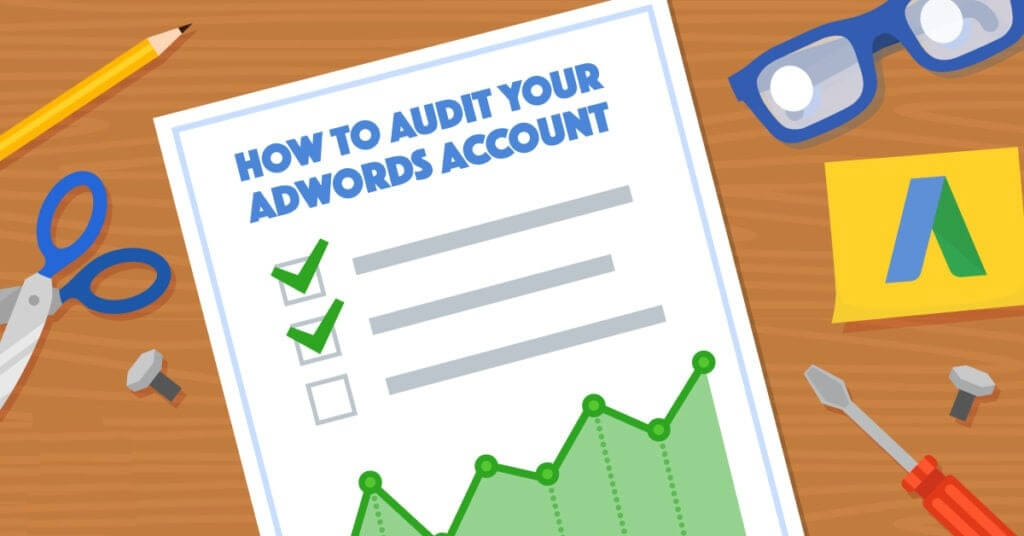Audit Your PPC Accounts for eCommerce Store! Know How

As unpleasant as it sounds, an e-commerce store running an Google Ads campaign should conduct a PPC audit at least once a year. The good news is that you’re already on the right track because you’re reading this web blog. Scroll down to learn what features you should be inspected to ensure your campaign is optimized for best possible ROI.
Campaign Structure and Basic Settings
Start the Google Ads campaign audit by inspecting campaign account structure.
- Experts recommend portioning an account into clear, neatly labeled and organized campaigns.
- Naming should be done according to the type of campaign it is – for example, search, Google Display, remarketing, Shopping.
- You can also mention the keyword bidding type, brands or store being used for easier classification. Review the original settings you put in place when you created the account or campaign. For example location targeting or mobile device settings.
- Review whether you’re meeting your daily and spend so that you can decide to raise or lower the budget.
Also read: Google Ads Call Conversion Tracking: Why You Need and How to Set Up
Ad Groups and Ad Group Structure
White label PPC campaign audit experts spend the bulk of their time reviewing ad groups.
- Each ad group should be specific to a product line, with ads geared towards driving qualified traffic to dedicated landing pages. This will help you direct consumers to where you want them to be.
- PPC audit experts recommend running no more and no less than two to three ads at a time for effective A/B testing.
- Two or three ads are the right number to ensure even ad rotation so that eventually the most effective ads gets favored.
- Many Google Ads campaign audit professionals believe that targeting not more than twenty different keywords is a great way to have narrowly focused ad groups.
- The twenty targeted keywords should represent different match types as well as this will facilitate niche targeting and get best results for your Google Ads campaign.
Implementation of Right Ad Extensions
Campaign level ads extensions are necessary, no doubt about it. Ad extensions can also be implemented at the ad group level for greater specificity.
White label PPC audit experts check ad extensions to make sure they’re relevant and consistent with nature of a campaign. For example, an e-commerce store might find site link extensions more useful than callout extensions which are more useful for a brick-and-mortar store.
Quality of Ad Copy
PPC audit professionals know that apart from being keyword rich, ads should be attractive, clear and directed to a dedicated landing page.
One of the best ways to review ads and check for ad errors is by exporting data to an Excel file. This will help you see through the clutter and identify problematic issues like mis-spelt words and faulty or out-of-date URLs.
Also read: How to Optimize Your PPC Landing Page to Get Higher Conversions
Search Term Data
There is so much keyword data you can sift through that you really need to know what you’re looking for.
- PPC audit experts focus on keyword data that has the most effect on a particular campaign. For example, if a campaign’s goal is to drive new traffic, look for data about impressions and click-through-rates.
- If a campaign’s objective is to increase conversions, look at keyword data related to conversions and their cost.
- One bad practice that PPC audit experts commonly find is the implementation of broad-match keyword type without any justification. Keyword match types are an excellent leveraging tool to attract qualified traffic and reduce costs. As such, they should be selected carefully in accordance with campaign goals for best results.
Finally, almost anyone with a basic knowledge of how Google Ads PPC campaigns work can conduct a quick account audit. However, for an annual audit, it’s best to call in certified experts – not only will you be able to approach auditing in a professional manner, but you will also get a fresh, new perspective for your account which can help you optimize campaigns and discover new opportunities.


